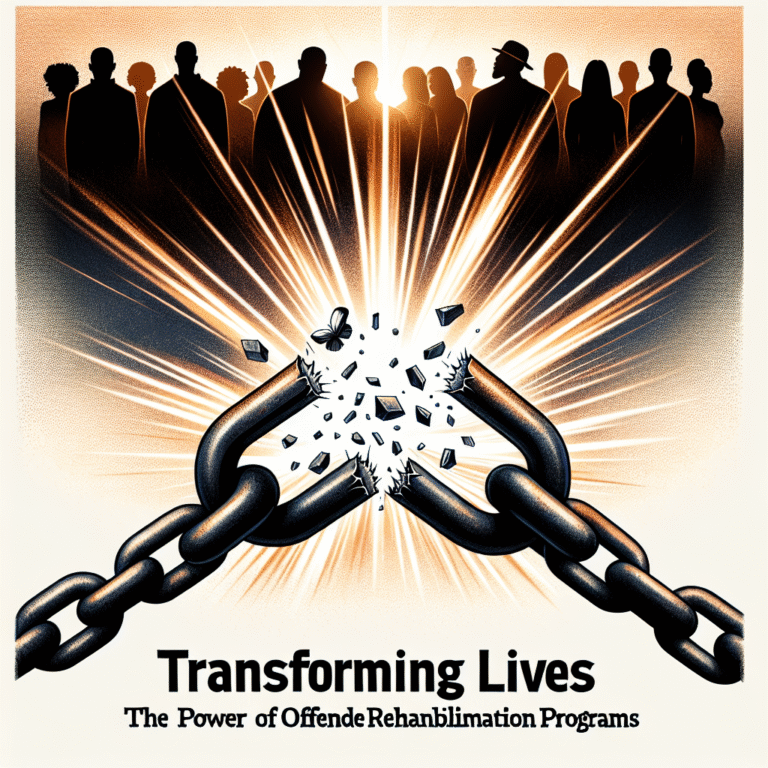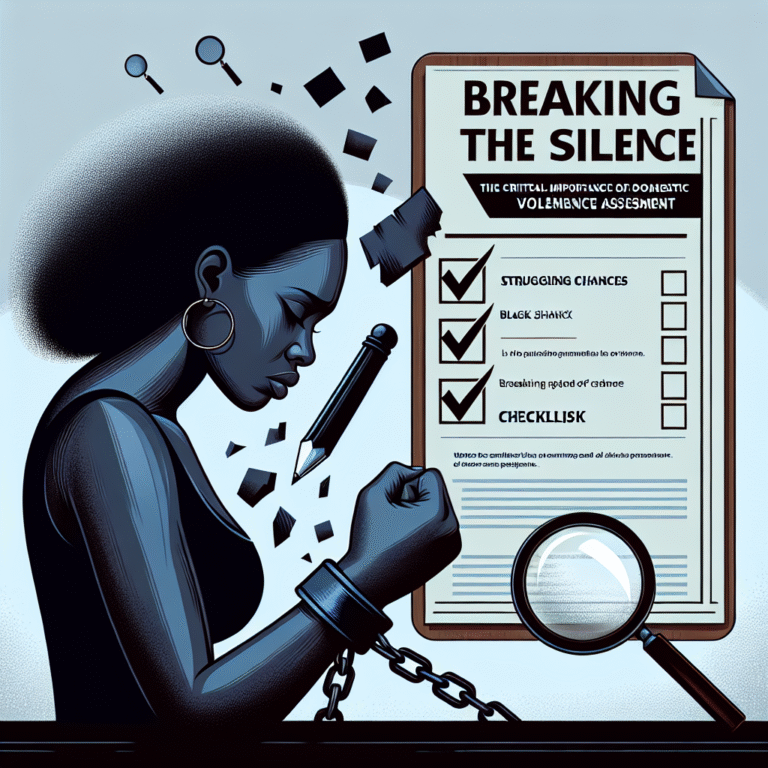
Introduction
Imagine being in a room with a hostage-taker, emotions running high, and lives hanging in the balance. The pressure is immense, the stakes higher than ever. This is where effective hostage negotiation techniques come into play. As societies continue to face complex emergencies, the demand for skilled negotiators is at an all-time high. This article, From Theory to Practice: Training Tomorrow’s Hostage Negotiators, delves into the methodologies and strategies essential to train these high-stakes communicators. Here, we explore the fascinating blend of psychology, real-world applications, and the latest training advancements that shape the negotiators of tomorrow.
The Significance of Hostage Negotiation Training
The ability to negotiate successfully in high-pressure situations is critical. Whether it’s a domestic scenario or an international crisis, skilled negotiators can turn the tide. Current trends reveal an increasing necessity for structured training programs designed to build effective communication, active listening, and emotional intelligence.
Why Hostage Negotiators Matter
The primary goal of hostage negotiation is to save lives without resorting to force. Unfortunately, traditional law enforcement training often lacks the comprehensive strategies that specialized hostage negotiation training provides. Understanding this need leads us to a pivotal question: How can we bridge the gap between theory and practice in this unique field?
The Foundations of Hostage Negotiation
Psychological Insights
A successful negotiator must grasp human behavior comprehensively. Training should focus on psychological principles that illustrate how to manage emotional responses, both from the hostage-taker and the hostages. For instance, understanding the concept of "active listening"—not just hearing words, but genuinely comprehending emotions and intentions—is vital.
Communication Skills
Communication is a combination of verbal and non-verbal skills. Proficiency in these areas enables negotiators to build rapport and instil a sense of trust. The training process thus incorporates various techniques that range from basic conversation skills to more complex interactions like mirroring body language.
Case Study: The 1993 Waco Siege
During the 1993 Waco Siege, negotiators learned the importance of humanizing themselves to the hostage-takers. Initial lines of communication were crucial in establishing trust, enabling negotiators to ultimately lead to a peaceful resolution over a span of 51 days. This case illustrates the powerful impact of a well-trained negotiator who can bridge theory and practice effectively.
Developing Training Programs
Curriculum Design
Training programs must incorporate realistic simulations and situational exercises. Trainers should focus on the following areas:
- Role-Playing Scenarios: Allow trainees to experience the pressure of real-life situations.
- Expert Workshops: Inviting seasoned professionals to share firsthand experiences and techniques.
- Psychology Integration: Lessons on cognitive biases and their implications on negotiation tactics.
Incorporating Technology
Today’s training is evolving with technology. Virtual Reality (VR) and Artificial Intelligence (AI) can simulate environments that give negotiators a taste of real-life crises.
| Technology | Application in Training |
|---|---|
| VR | Simulated negotiation environments |
| AI | Automated feedback on communication skills |
| Online Platforms | Course access for remote learning |
Practical Exercises
Role-Playing Scenarios
Incorporating role-playing into training helps negotiators practice their skills in a risk-free environment. Trainees can rehearse various scenarios, learning to manage their responses and adapt their approaches.
What If Scenarios
Encouraging creative problem-solving helps negotiators anticipate possibilities and develop responses. For instance, addressing “What if the hostage-taker refuses to communicate?” allows the negotiator to plan alternative communication strategies.
Real-World Applications and Insights
Case Study: The 2013 Sydney Siege
In the Lindt Cafe siege in Sydney, Australia, negotiators practiced established techniques from prior training, showcasing the efficacy of comprehensive preparation. By using empathy and patience, they effectively drew out the hostage-taker, leading to the eventual resolution without further loss of life.
Reflecting on Outcomes
Evaluating the success or failure of negotiation strategies helps shape future training. After-action reviews focusing on decisions, outcomes, and emotions involved can be immensely valuable.
The Future of Hostage Negotiation
Innovations in Training
As the landscape of crisis response evolves, training programs must adapt. This includes integrating forums for continuous learning, mentorship programs, and feedback loops.
Expanding the Skillset
While communication is critical, modern negotiators must be adept at conflict resolution, emotional regulation, and cultural sensitivity. A broader skill set ensures that negotiators can handle a variety of situations effectively.
Conclusion
From theory to practice: Training tomorrow’s hostage negotiators requires a multifaceted approach. It combines psychological insights, communication skills, and real-world applications to prepare for high-stakes situations. As we face increasing instances of crisis in our complex world, the necessity for skilled negotiators becomes ever more apparent. By investing in comprehensive training programs, we can empower these crucial professionals to save lives and promote peace.
FAQs
What qualifications do hostage negotiators need?
- Most have backgrounds in law enforcement, psychology, or crisis intervention, coupled with specialized negotiation training.
How long does training take for negotiators?
- Training programs can range from weeks to several months, depending on the organization and specific skill areas.
What techniques are used in hostage negotiation?
- Techniques include active listening, empathy, and building rapport to foster trust.
Are there different types of negotiation strategies?
- Strategies can range from collaborative methods focusing on integration to competitive tactics aimed at securing specific outcomes.
- What role does psychological training play?
- Understanding psychological principles is essential for managing emotions and behaviors during negotiations.
This deep dive into From Theory to Practice: Training Tomorrow’s Hostage Negotiators aims to foster a greater understanding of these critical roles and inspire future negotiators to hone their skills with the highest levels of professionalism and empathy.


















It was the best lesson to train the team